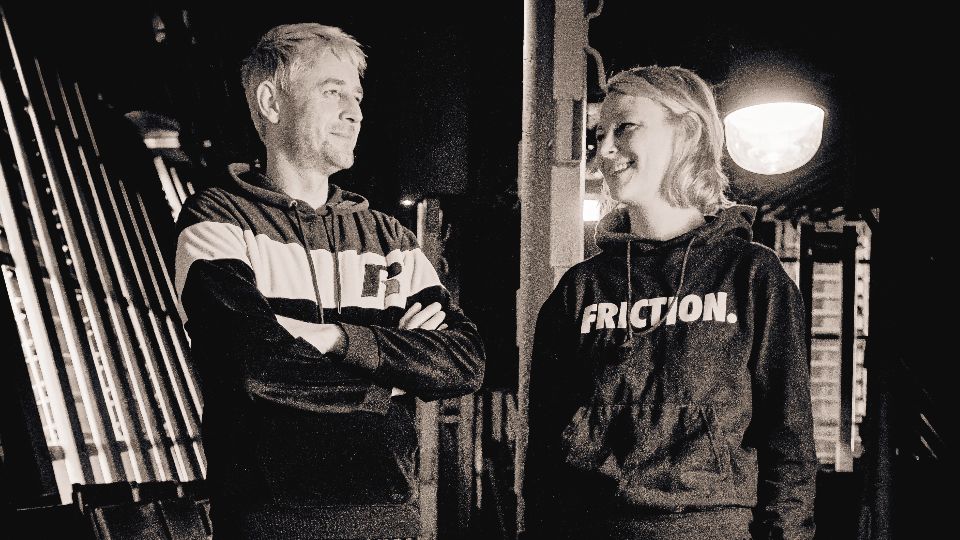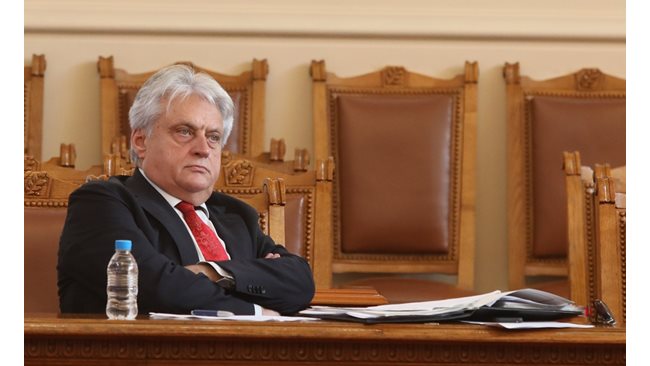Anna Lafrentz, responsible for implementation and personnel organization in the South Pole, and Felix Stockmar, booking, finance and technology on the MS Stubnitz, have been on the board of the club combine since autumn 2020. In an interview, they talk about the situation in Hamburg’s music venues after two years of the pandemic
Interview: Ole Masch
SCENE HAMBURG: Anna and Felix, why are you being elected to the board of the club combine in the middle of the pandemic?
Anna: When else? Now it’s acute and the work that is put into it quickly makes itself felt. We can really achieve something for our clubs here and that’s a lot of fun in addition to the effort.
Felix: In the long break there is also a lot of time to move out of your own cosmos and to make a difference for the concert and club landscape in general. To share one’s own knowledge with others, to support them and to contribute to a common future design.
Annoyed and tired
What goals did you start with?
Anna: One of my personal goals was more political work on values – last year we passed an important change in the statutes at the general meeting. In addition, my focus was a lot on public relations, i.e. press releases or interviews. We got the Hamburg clubs into the nationwide news and were able to contribute to the public perception of our cultural locations. My third focus is awareness work. We are currently setting up a round table on the subject and are developing a further training program with other stakeholders.
Felix: Above all, I dealt a lot with the future of live music and the club industry. Because this major turning point also harbors the opportunity to rethink things and structures. To ask yourself the question: “Do we just want to continue as ‘precarious’ as before the pandemic, or can we manage to ensure that something really changes post-corona structurally.” The standstill has made many people aware for the first time of what the culture beyond of the subsidized cultural heritage, which was otherwise always there as a matter of course, actually has value. Bringing this awareness to politics and thus also to changes in the law is immensely important.
How is the Hamburg club landscape doing after two years of Corona?
Anna: I would say “exhausted” is quite apt. Of course we are also in the starting blocks, but the last two years have been very exhausting for everyone. Very little was possible and that was associated with enormously high requirements. Empty dance floors and one cancellation after the next, that draws a lot of energy.
Felix: Yes, annoyed and tired. The back and forth, the increasing lack of logic and structure behind the fight against the pandemic and the constant “for the bin work” is becoming more and more frustrating.
“When will it finally really be about the people?”
How much longer can this go on?
Anna: We in Hamburg have covered all running costs with the nationwide aid and the Hamburg club rescue package. It is difficult to keep the staff or to find them again, because self-employed event people in particular have long since migrated to other sectors. Also: What are the clubs without the bars and pubs? A big swing is going under, some are still holding on to the edge, gasping for air. Without the variety of these shops, going to the club is no longer the same. In order to maintain a culture of the night, something has to change quickly.
Felix: Yes, the financial aid covers a lot, but the money is only one aspect of cultural life. The other consists in creating special and, above all, social experiences for other people through cultural content. This is the essence for which we live and which gives us strength. The longer this part is missing, the more difficult it becomes to find the energy to persevere.
What do you want from politicians?
Anna: We need serious prospects and honest promises. After two years and vaccinations, we are still faced with a lot of question marks. Is it supposed to be like this every fall? The temperatures are falling, the numbers are rising, the shops are closing again? When will cultural experiences finally get the same status as wage labor? When will it finally really be about the people and not just about the economy?
Felix: We keep repeating the formal demands for the owner’s salary, subsistence for the self-employed, no reclaiming of the first Corona aid (!), abolition of the nationwide patchwork quilt, clear perspectives, equal treatment of the cultural sectors and, in principle, the recognition of the importance of art, music and culture for our society.
It needs consistency, nationwide
What short-term prospects are you hoping for?
Anna: Of course we hope that we can dance again soon, with many people and without distance.
Felix: With a view to spring and summer, we wish for uncomplicated and early open-air funding and in any case an extension of the current funding in full. The reopening scenarios must be planned nationwide and communicated in a timely and transparent manner so that we have time to prepare. And that this preparation will be accompanied by an “stimulus package” of whatever kind; there are enough proposals to politicians.
Did you notice any differences in the openings in autumn compared to the time before the pandemic?
Anna: The joy of the people was unbelievably great! So much pent-up energy, so much hunger for other people, encounters, ecstasy, intoxication, loud music and while dancing make you forget the world outside for a moment. And thus gather energy to keep going. As I observed at our openings, the first uncertainties fell away after one to two hours in the store. Body and mind remember and let go. At the same time, it was noticeable just as quickly when the number of infections rose again. There were more and more guests, an enormous number of “no shows”, i.e. tickets that are not taken. Well, and then we all closed up straight away.
There were benefits too
How are your stores?
Anna: Phew! Lots of construction sites. We used the time to reposition ourselves structurally, which is now being practiced in practice. The club is secured for the time being, but almost all of our employees had to look for other jobs. When we opened for a short time, our team was complete with many old and many new ones, but without a clear perspective, they quickly had to look for something else. This drains the last energy reserves. But we are in the mood and look forward to spring with new surprises. I really just hope that we don’t have to close again in the fall and find our way back into a rhythm.
Felix: There were and are a lot of construction sites on the Stubnitz. In addition to all the disadvantages, the Corona period also had a few advantages in this regard, because we were able to concentrate heavily on the repairs. The further life expectancy of our monument and culture ship has made good progress. A lot of things that tend to fall behind during ongoing operations have been tackled. But now we’re excited to start again in March. I’m optimistic that we can get back to full swing and make a lot of people happy.
Has the pandemic brought any other benefits?
Anna: Yes! The global experience that everything can change very quickly. It doesn’t matter if it’s always been like this. I think that’s great, because it shows: everything is possible, even the good changes! And personally, I know even more why I do all this: for shared aesthetic experiences that simply make the world a better place. It’s so.
Felix: I have nothing to add!
#wasistlosinhamburg? Follow us for more stories and tips from Hamburg Facebook, Twitter and Instagram.
Interested in more stories from Hamburg?


